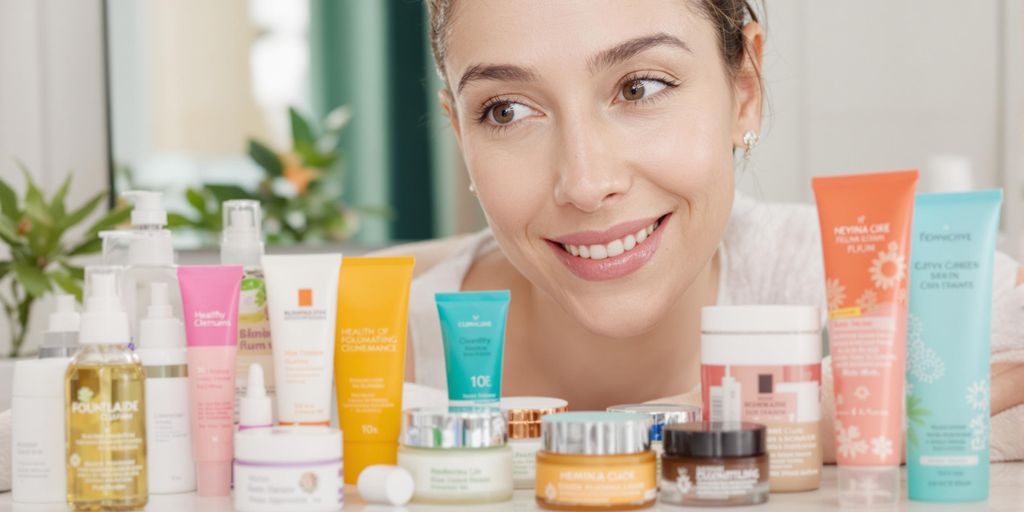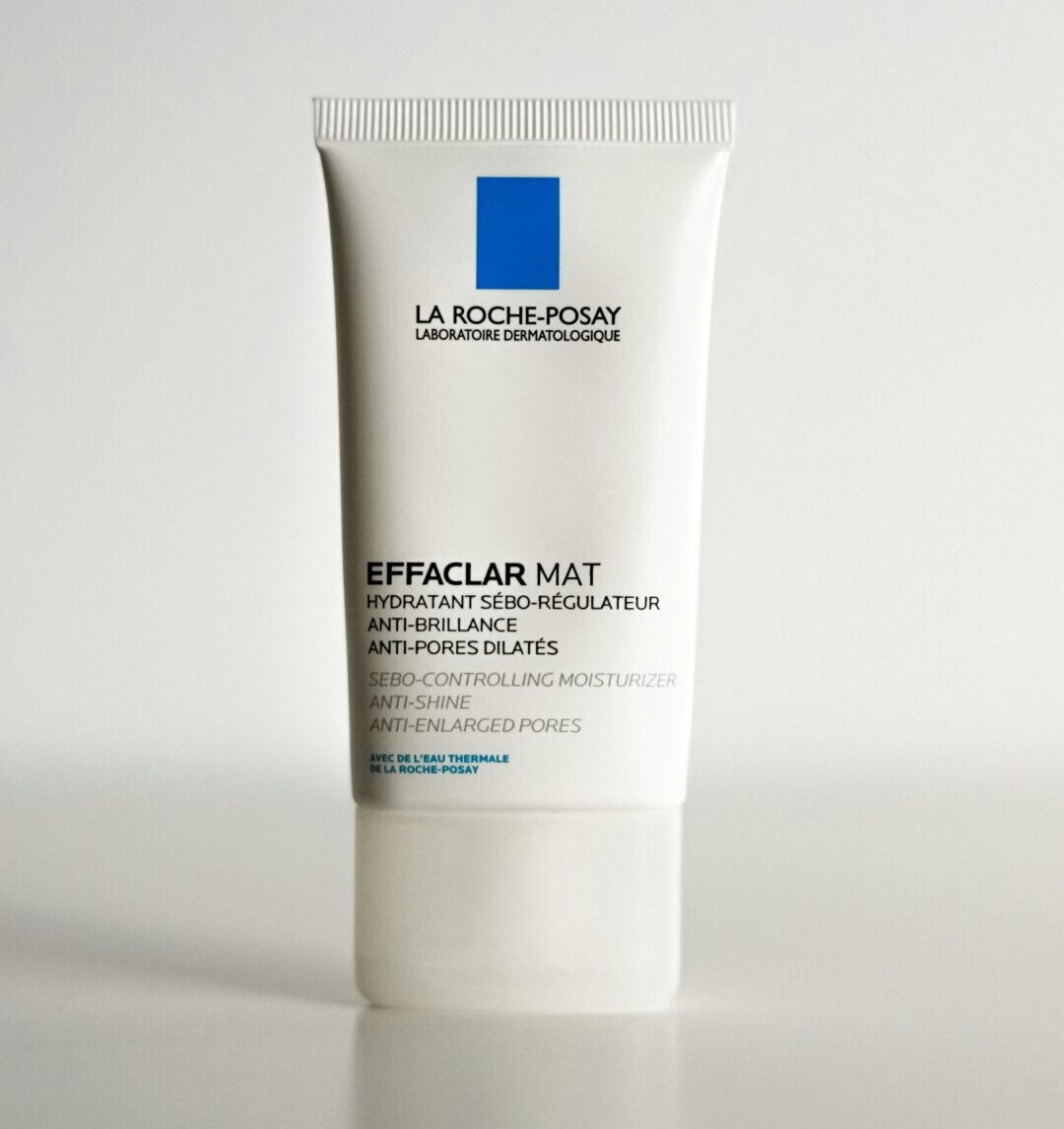In this second part of our informative discussion, we continue to delve into the intricacies of skincare with the esteemed Medical Director of Skyn, Dr. Kimberly Johnson. Dr. Johnson, a qualified Aesthetic Medical Physician certified by the American Board, sheds light on an issue many adolescents and young adults confront – acne. This skin condition tends to make its unwelcome appearance either during the turbulence of puberty or, for some unfortunate individuals, at the cusp of their adulthood in their early twenties.
Acne experienced in these stages of life is a different beast when compared to the skin issues adults traditionally grapple with, such as hyperpigmentation and the signs of aging. Naturally, the solutions to address this acne variant are unique and demand specific attention than that requires in adults.
Skin health transcends age – whether it is the tender skin of a teen or the mature skin of an adult; everyone desires skin that radiates health, devoid of omissions, blemishes, and unsightly dark patches. Creating and maintaining such desirable skin remains within one’s reach, thanks to the insightful guidance and holistic approach towards skincare by Dr. Kym.
As students work hard to strike that perfect equilibrium between their academic pursuits and self-care, Dr. Johnson underscores the importance of adopting and following a routine that is straightforward and productive. She insists that while choosing skincare products, it is crucial to sidestep those with harsh ingredients that might worsen the current situation under the guise of quick fixes. As per Dr. Johnson, a skincare regime free from fragrance, essential oils, and denatured alcohol is the key to avoid skin irritation and subsequent aggravation of acne, especially for those grappling with sensitive skin.
Dr. Johnson suggests that teens and young adults develop their skincare routines around their skin type. Whether one is dealing with oily, dry, or a combination of both types of skin determines the kind of care required. Products containing salicylic acid can aid those struggling with oily skin by controlling excessive oil formation. People with dry skin may find solace in products such as deep moisturizers, while individuals with a combination of skin types should consider applying lighter products on oily parts and more substantial creams on the drier sections of the skin.
Sun protection is another crucial aspect of skincare that Dr. Johnson emphasizes. She advocates for the commencement of sun protection as early as six months old. Students, too, can easily and inexpensively incorporate sunscreen into their daily routine.
In her concluding remarks, Dr. Johnson encourages students to adopt a balanced lifestyle as a foolproof method of securing skin health. A stable routine commencing from a balanced diet, merging into an active lifestyle, and culminating into a simple skincare routine can equip students with the platform they need for a successful academic career and skin health.
By comprehending their unique skincare needs and making informed decisions based on them, these young individuals can confidently embark on their educational journey. They can achieve a look of healthy, glowing skin, making their back-to-school experience even more riveting. With these tips in hand, they now have the power to welcome healthy skin into their lives.





![“Kerassentials Review” : [My Updates Reviews 2024] — Does It Work & Is It Safe? 4 049e8bfe 6112 4c16 aa9b b331dee37d90 “Kerassentials Review” : [My Updates Reviews 2024] — Does It Work & Is It Safe?](https://beautinews.com/wp-content/uploads/2024/10/049e8bfe-6112-4c16-aa9b-b331dee37d90.jpg)